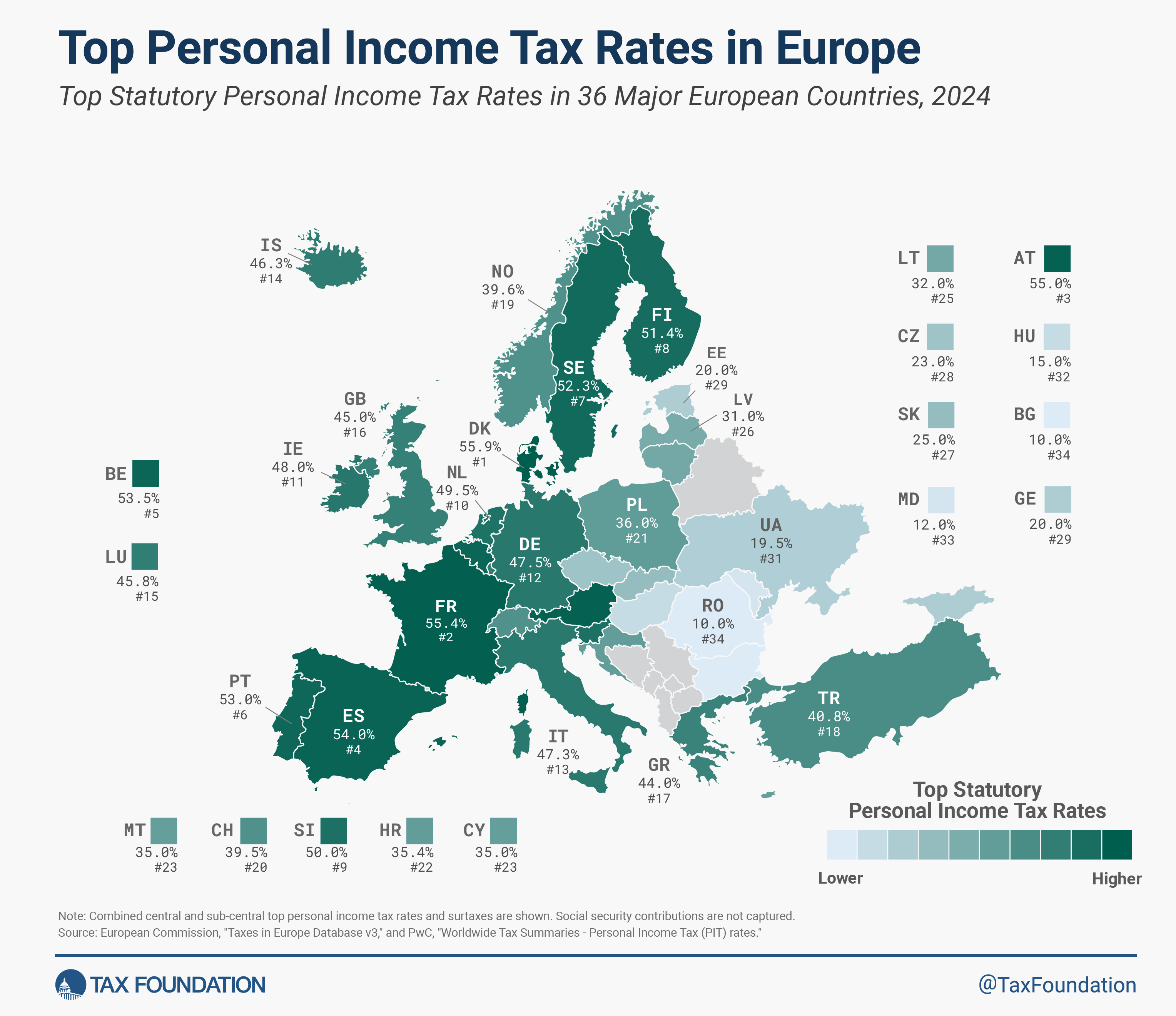Debt Limit Crisis Averted For Now
President Biden signed the debt limit deal into law. He signed the legislation on Friday, averting a debt limit breach that would have been catastrophic for the economy. Was the drama worth it? TPC’s Howard Gleckman writes that the deal will “not come close to materially reducing annual deficits or slowing the growth of the national debt, which the Congressional Budget Office (CBO) predicts is on pace to exceed $46 trillion” by 2032. If you liked the recent debt limit drama, see you in two years for a rerun.
What does the debt ceiling deal mean for the IRS? TPC’s Janet Holtzblatt warns that the bipartisan agreement’s $21.4 billion cutback to the IRS reveal the fragility of the IRS budget. “A reduction of this magnitude may not only have direct impacts on IRS operations, but it could also have negative indirect effects on how the agency spends the remaining IRA funds.”
On Capitol Hill this week. The Senate Finance Committee hosts a round table on Wednesday to learn the small business perspective on tackling tax complexity. On Thursday it will hold a hearing on consolidation and corporate ownership in health care.
Federal government sues Iowa businessmen for fraudulent alternative fuel tax credit claims. Four men formed a company in 2011 called Alternative Carbon Resources (ACR) by investing a mere $250 and collecting $19 million from the federal government’s alternative-fuel-mixture tax credit program. ACR purchased waste generated as a byproduct of ethanol production, mixed it with a small amount of diesel fuel, then falsely informed the federal government it sold an alternative fuel mixture that qualifies for the tax credits. Within 18 months the men shuttered the company and paid themselves at least $10 million in company funds. The federal government’s lawsuit seeks $70 million from the four individuals.
Does the “chicken tax” get people to buy bigger trucks? TPC’s Robert McClellan examines the 25 percent tariff on imported light-trucks, first imposed in 1964 in response to tariffs levied by some European nations on US poultry products. Evidence suggests that the tariff is not driving Americans’ interest in larger pickup trucks. More likely: Larger pickups may be perceived as safer. Gasoline is less expensive in the US. And Corporate Average Fuel Efficiency (CAFE) standards are lower for larger trucks. Robert concludes, “Repealing the tariff would introduce more competition to the auto industry and provide consumers with more choices.”
June 22, virtual or in person: The 13th Annual IRS/TPC Joint Research Conference on Tax Administration. It’s the only annual conference focused exclusively on tax administration research. Researchers from the IRS, other government agencies, academia, and private organizations will discuss some of the latest analyses seeking to make tax administration as effective as possible. You can register for in-person attendance or virtual attendance for the day-long conference at the Brookings Institution on Thursday, June 22.
For the latest tax news, subscribe to the Tax Policy Center’s Daily Deduction. Sign up here to have it delivered to your inbox weekdays at 8:00 am (Mondays only when Congress is in recess). We welcome tips on new research or other news. Email Renu Zaretsky at [email protected].






